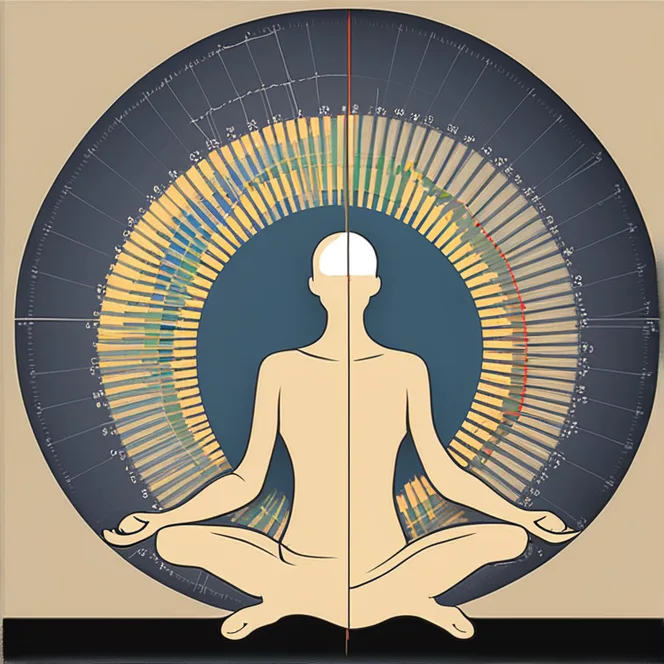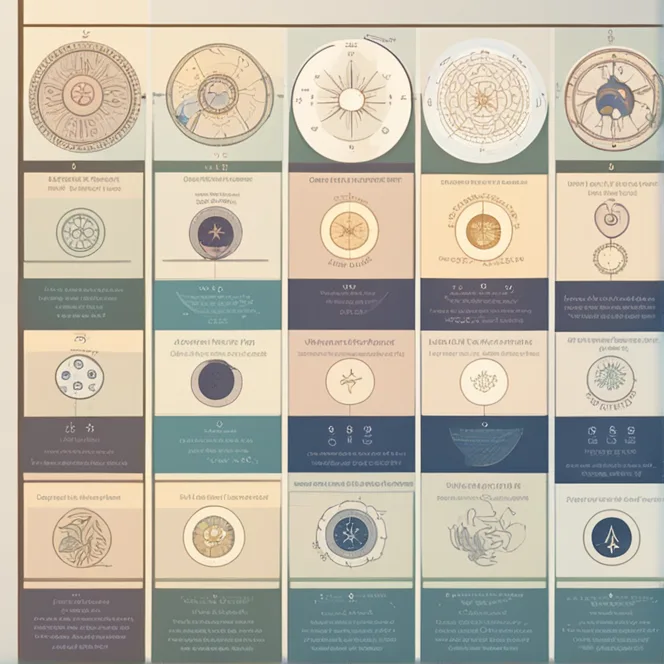
Meditation & Exam Success
Discover how mindfulness meditation can enhance focus and relieve stress to improve performance during exams.
article by Hina Kurosawa
The Power of Mindfulness
Mindfulness meditation has emerged as a powerful tool for enhancing cognitive function and emotional regulation, especially when facing stressful situations like exams. By fostering a moment-to-moment awareness of our thoughts, feelings, and bodily sensations, mindfulness shifts our focus away from distracting anxieties and towards a state of calm clarity. Studies have shown that consistent practice can lead to improvements in concentration, memory retention, and overall mental well-being—key components for academic success.

Preparing the Mind for Exams
As exams approach, the pressure to perform can be overwhelming, leading to heightened stress and anxiety. Mindfulness meditation provides a methodology for students to prepare their minds for this challenge. By gradually training the brain to remain focused on the present, students can reduce the prevalence of stress-induced thoughts that often disrupt study sessions and diminish performance on exam day. It’s a preparatory process that equips the mind with resilience in the face of academic pressure.

A Practice for Peak Performance
Mindfulness exercises before an exam can be the keystone for peak intellectual performance. The technique involves finding a comfortable, quiet space and devoting a few minutes to focus solely on breathing and bodily sensations. This practice can help in centering the mind, allowing lingering anxiety to dissipate and making room for calm and focused thought patterns. Regular meditation strengthens this skill, which can be drawn upon during the exam to maintain composure and clarity.

The Role of Astrology
Astrological insights for 2024 suggest a year where balance and inner harmony are key themes, providing fertile ground for the integration of mindfulness into exam preparation. Transit forecasts indicate that periods of Mercury retrograde, typically associated with communication and cognitive mishaps, can be navigated more smoothly with the aid of mindfulness. Leveraging astrology can guide the best times to intensify practice, helping students align with cosmic rhythms for optimal mental acuity.

Biorhythms and Mindfulness Synchronicity
Tuning into one's biorhythms—a concept that charts the cycles of physical, emotional, and intellectual energy—can further enhance the effectiveness of meditation. Monitoring these cycles will allow practitioners to schedule meditation sessions during periods of peak intellectual energy, thereby reaping greater benefits and potentially boosting exam performance. By aligning mindfulness practice with individual biorhythms, students can create a tailored approach to exam preparation that honors their unique physiological patterns.
Building Your Mindfulness Practice
For those new to mindfulness, starting a meditation practice may seem daunting. However, it can be as simple as dedicating five minutes a day to sit in quiet reflection, focusing on breath or a mantra. Starting small and gradually increasing the duration as comfort with the practice grows is key. There are numerous resources, apps, and guided sessions available to assist beginners. Over time, this practice can become a natural part of a student's daily routine, valuable not only for exams but for lifelong mental resilience.
Published: 12/14/2023
Modified: 12/14/2023
More predictions
Come back here soon to learn more about yourself and your future


Meditation: A Mindfulness Pillar
The article discusses the relationship between meditation and mindfulness practices, affirming their interconnectedness and benefits.


Yoga Practices & Deep Meditation
Discover the yoga styles that complement meditation and aid in achieving tranquility and mindfulness.


Mindfulness Meditation Against Anxiety
Explore the benefits of mindfulness meditation for anxiety relief and better mental health in this insightful article.